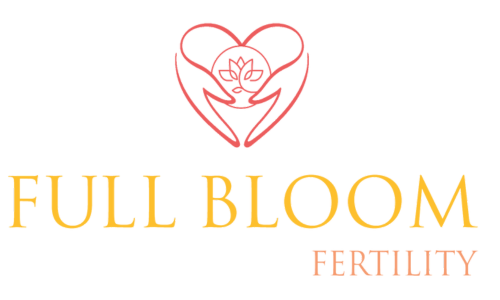Why Reproductive Justice Matters in Fertility Care
What does reproductive justice mean and what does it have to do with infertility?
Reproductive justice is a framework created by Black women in 1994 that rests on 4 key tenets: every person has the right to have children; not have children; to parent the children they do have in communities and environments that are safe and sustainable; and the right to bodily autonomy.
1 in 8 women are affected by infertility (the gender-specific term women is used here to reflect the data collected in the research). Furthermore, Black women are twice as likely to report experiencing infertility as White women. BIPOC individuals have a lower rate of achieving pregnancy and live births after the use of assisted reproductive technology (ART), and Black women are only half as likely to be evaluated and treated for infertility as White women. The reasons for this are multifactorial and include things such as structural racism, economic inequality, and inequitable access to resources.
A report conducted by the National Survey of Family Growth to track ART use from 1982 to 2010 showed that the use of fertility services was highest among non-Hispanic White women, women with current fertility problems, and women with higher levels of education and household income. Another study highlighted patients in an equal access setting, which showed that African American women had an increased miscarriage rate and lower live birth rates. An additional study showed that non-Hispanic Black and Hispanic women were 70% less likely to receive any infertility treatment when compared with non-Hispanic White women.
There is also implicit bias that exists among healthcare professionals and society in general that BIPOC individuals, particularly those from certain socioeconomic backgrounds, are hyper-fertile. This harmful stereotype stems from a long history of racism, including but not limited to the enslavement of African and Indigenous peoples, many of whom were used for the sole purpose of breeding children to be used for manual labor. These long-held beliefs can often lead to discriminatory practices from healthcare providers, such as misdiagnoses and lack of patient support and education. It can also show up as internalized belief systems that may prevent BIPOC people from seeking fertility treatment sooner while furthering the stigma and shame of not being able to conceive.
Reproductive justice matters in fertility care because people and families matter. If people do not have equitable access to family-building and reproductive health services, it can affect their overall health and well-being, which then directly impacts their families, communities, and societies at large.
At Full Bloom Fertility, we are firmly committed to work that supports the tenets of reproductive justice, to help ALL people realize their full reproductive potential.
Meaning: we aim to give people the information and tools they need to decide what is best for them, their lives, and potential future families. This is true justice indeed!
References:
Jamila Perritt, M.D., M.P.H. and Natalia Eugene, B.S., Inequity and Injustice: recognizing infertility as a reproductive justice issue, Fertility and Sterility, September 2, 2021.
